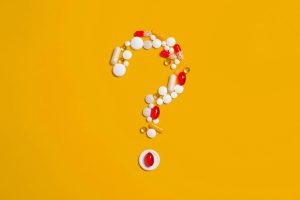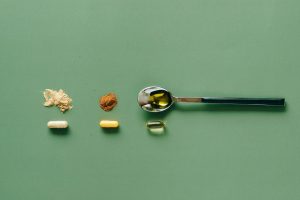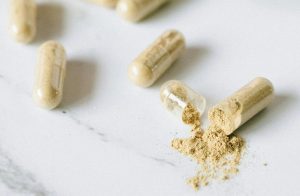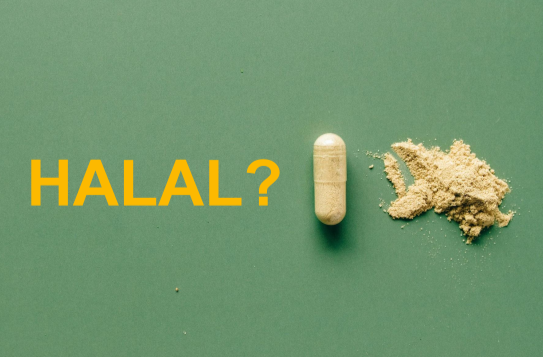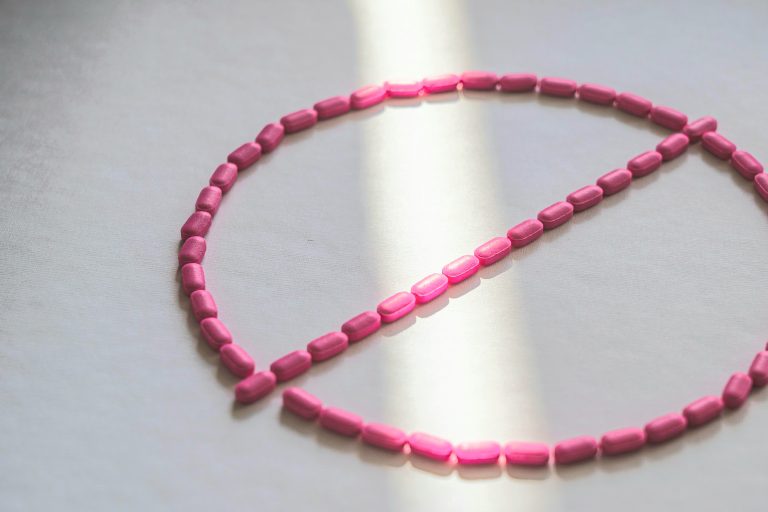How We Classify Excipients in Medicines
When assessing whether a medicine is halal (permissible) or ḥarām (impermissible), we look beyond the main active ingredient. Most medicines also contain excipients—inactive substances added to aid the medicine’s effectiveness, stability, absorption, or palatability. These include binders, fillers, coatings, preservatives, solvents, and flavouring agents.
Some of these excipients may be derived from ethanol-based or animal-based sources. This raises important questions for Muslim patients who wish to adhere to Islamic dietary and ethical guidelines. In order to guide users clearly and responsibly, we classify excipients into four colour-coded categories. These reflect a synthesis of classical Islamic legal rulings (fiqh), contemporary scholarly opinions, and real-world pharmaceutical practice.
🟥 Not Permissible (Red)
These ingredients/excipients come from sources that are explicitly prohibited in Islam-such as pigs, certain insects or animals not slaughtered according to Islamic law. They are still directly linked to their impure or forbidden source, or come from species that are not allowed for any use in medicine.
This includes:
- Porcine-derived ingredients (no acceptable transformation).
- Chinese hamster ovary cells (from a prohibited animal species).
- Carmine (from insects considered repulsive).
Why this classification?
These substances are either forbidden by origin or retain impure qualities. There is strong scholarly agreement that they are not permissible unless there is no alternative and a medical necessity.
Advice:
Avoid unless medically necessary and no halal alternative is available. In such cases, consult both a qualified medical practitioner and a knowledgeable scholar to determine if an exemption applies.
🟧 Doubtful (Amber)
Definition:
This category includes excipients where there is uncertainty or scholarly disagreement over their permissibility in Islam. It typically applies when :
The excipient comes from a forbidden source (such as pigs or animals not slaughtered Islamically but there is a possibility that it has undergone a major transformation (istiḥālah) that may make it pure and halal. However, scholars disagree on whether that transformation is complete or acceptable under Islamic law, or there is not enough information available to make a confident decision about its transformation. Because of this disagreement, there is no clear answer — so the excipient falls into the “doubtful” category. Most scholars tend to regard them as impermissible, though some permit their use under specific conditions
Why this classification?
Islamic law teaches religious precaution (iḥtiyāṭ) when there is uncertainty. This category reflects:
- Real-world gaps in ingredient transparency,
- Scholarly disagreement on transformation,
- And the difficulty of verifying every detail in modern pharmaceutical production.
We use this category to avoid mislabelling an ingredient as fully haram or fully halal when the evidence is incomplete or debated.
Advice:
Avoid if possible but if the medicine is needed and no halal alternative exists, consult a qualified scholar or follow the ruling of your preferred school. Be mindful that this category involves recognised legal disagreement.
🟨 Likely Halal (Yellow)
Definition:
This category includes excipients that may raise initial concerns because they come from animal or ethanol-related sources. Many scholars consider them permissible based on the source of excipient. However, other scholars may still express caution.
Excipients in this category are typically:
From animal parts not considered impure, such as bones or certain enzymes (like calf rennet), even if the animal was not slaughtered Islamically.
Ethanol which is non-intoxicating in the small amounts used in medicines, often comes from non-khamr sources, and is used for functional (not consumable) purposes—fitting the criteria of permissibility when exact source or concentration is unknown.
Why this classification?
These excipients may originate from questionable sources, but the majority scholarly opinion, rules them permissible. Nevertheless, some differing opinions exist.
Advice:
It is permissible to use, especially if no 🟩 fully halal alternative exists. However, individuals who wish to adopt a more cautious position, or who follow a different jurisprudential school, may still wish to consult a scholar for personal reassurance.
🟩 Halal (Green)
Definition:
These excipients are halal, either plant-based, synthetic, not of animal origin, or halal certified when animal-derived.
Why this classification?
These excipients meet both religious and scientific criteria for permissibility and are affirmed across classical and contemporary scholarly opinion. However, absolute freedom from cross-contamination cannot be guaranteed. Based on prevailing industry standards, we assume that in most cases such contamination is either non-existent or negligible.
Advice:
These excipients are currently confirmed as fully permissible. However, as excipient sources can change over time, it’s advisable to periodically verify with the manufacturer.
Summary of Our Approach
Our classification system is aligned with the dominant positions of the four Sunni legal schools, with special attention to the detailed methodology of the Ḥanafī school, given its broad following and robust juristic engagement in issues of halal and ḥarām. This allows us to serve the needs of the largest number of users while maintaining academic and legal credibility.
We aim to support conscientious and well-informed decision-making. In cases where there is genuine scholarly disagreement or insufficient clarity, we present the matter transparently—allowing each individual to act according to their conscience, school of thought, and specific health circumstances.
This system is not meant to create anxiety, but to empower Muslim patients and providers with clarity and confidence, ensuring that medical treatment remains ethically grounded and religiously sound.
How We Assess Manufacturing Processes for Halal Classification
When evaluating whether a medicine is halal (permissible), we look beyond just the listed ingredients. The manufacturing process itself plays a critical role. Even when all components appear to be halal, the way a medicine is prepared, handled, stored, or transported may introduce concerns—particularly regarding potential contamination with ḥarām substances such as ethanol (khamr) or animal-derived materials not processed in accordance with Islamic guidelines.
Ethanol, for example, is frequently used in pharmaceutical manufacturing—as a solvent, a preservative, or in sterilisation. The presence of ethanol does not automatically render a medicine impermissible. Islamic jurists differentiate between types and uses of ethanol, especially in medicinal contexts. Key considerations include the source of the ethanol (synthetic or naturally fermented), the quantity present, its purpose, and whether it evaporates during production. In many cases—especially when used in trace amounts for necessary therapeutic effect or when no viable alternatives exist—it may be considered permissible within a ḥalāl-compliant framework.
That said, achieving complete transparency about the full manufacturing process is rarely possible. Many pharmaceutical companies do not disclose all details, or the information they provide may be vague, indirect, or technically insufficient. Furthermore, it is typically beyond our logistical and financial capacity to conduct on-site inspections for every medicine. Even where such inspections are feasible, much of the pharmaceutical supply chain remains hidden or difficult to audit.
In light of these realities, we base our classification on Islamic legal principles of probability (ẓann ghālib) and expert judgment. We strive to uphold a cautious, ethical, and medically responsible approach—one that preserves core religious values without placing undue burden (mashaqqah) on the community.
For this reason, we do not demand absolute certainty that cross-contamination with haram substances is entirely absent. Based on prevailing industry standards, we assume that in most cases such contamination is either non-existent or negligible. Where details are insufficient or unobtainable, and there is no clear evidence of impurity, we apply the principle of mashaqqah—which allows for leniency when exhaustive verification becomes impractical or prohibitively difficult. This balance ensures that the principle of ḥifẓ al-nafs (protection of life and health) is honoured alongside the principle of ḥifẓ al-dīn (protection of religious integrity).
Our Approach to Halal Certifications
Many pharmaceutical manufacturers or third-party organisations now provide halal certification for their excipients. Our approach to these certifications is governed by both legal reasoning and practical considerations:
- We accept halal certifications as valid unless there is compelling, credible evidence to the contrary.
- While we cannot independently verify the reliability of every certifying body, we adopt the principle of ḥusn al-ẓann—presuming good faith and integrity unless proven otherwise.
- We recognise that working constructively with available certification systems is more beneficial for the public, even while acknowledging their limitations and areas for improvement.


